
Welcome to Trump’s ‘Land of the Free’ and the home of the scared tourist
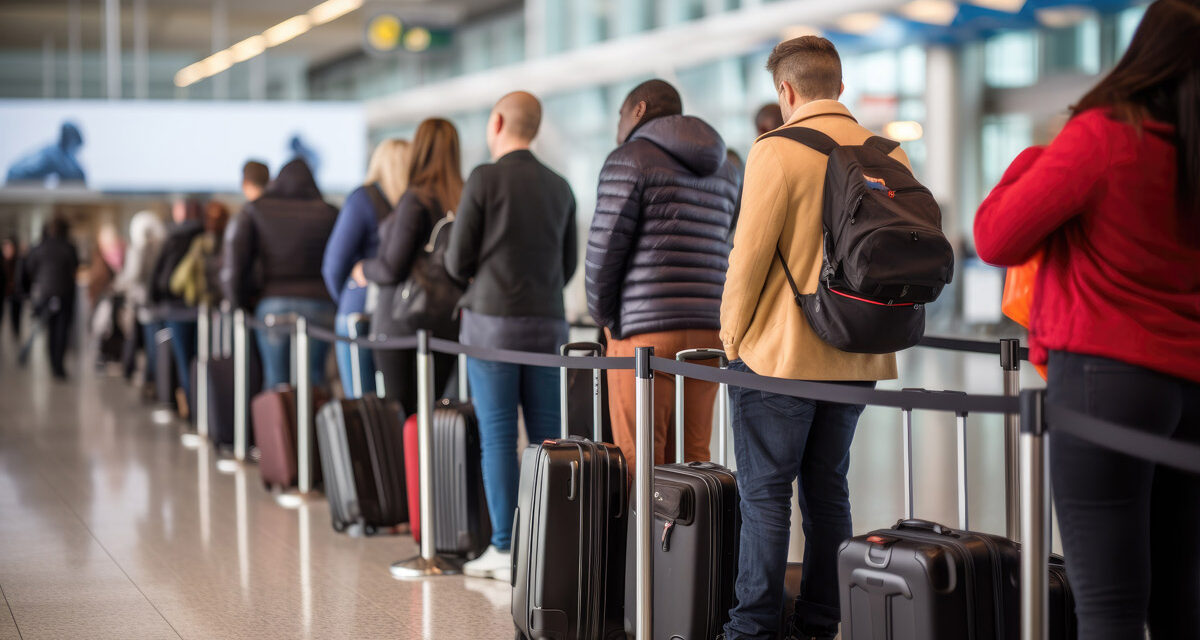
With the unpredictability of the Trumpian regime in the USA, things have changed. That’s especially true about immigration and border policy. From some press reports, it’s hard to know how to avoid being detained at the border if you are trying to enter the good ol’ US of A.
Disturbing reports of perfectly respectable people being detained and then rejected for entry are grabbing headlines. Entry to the USA has never been that pleasant, but currently, it seems that the home of free speech doesn’t apply to anyone who has something less than praise for Donald J. Trump, particularly if it’s on their phone.
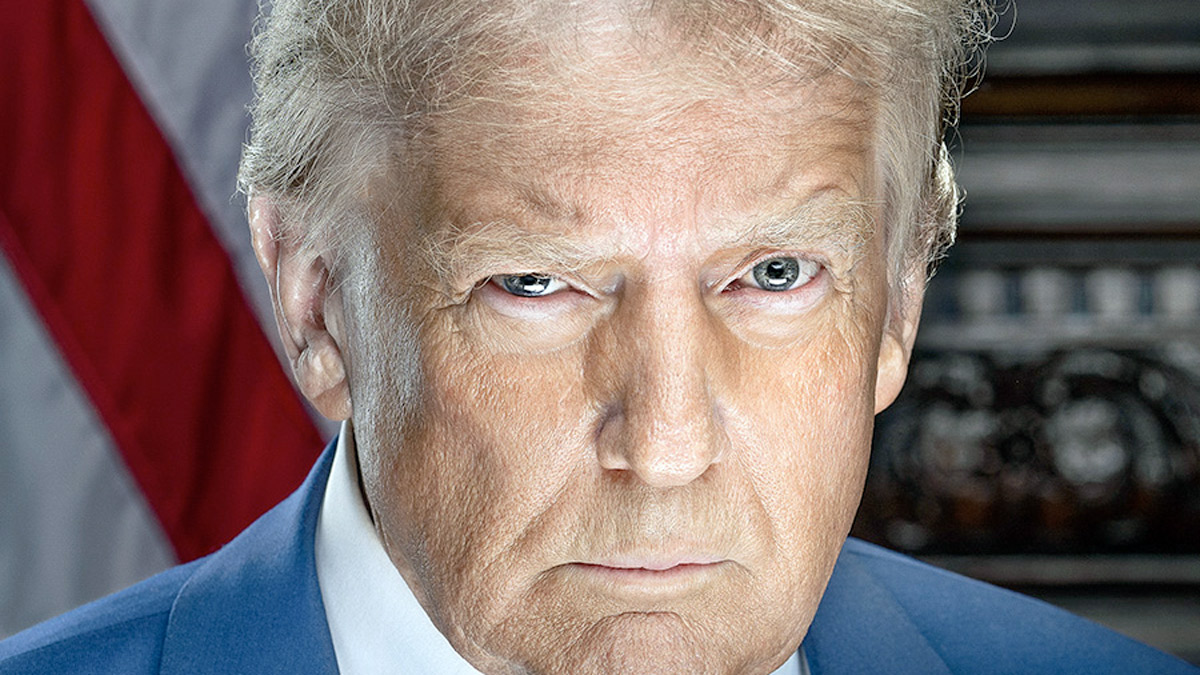
Content of this Post:
What’s the deal with US Border Control and your phone?
Ah, the joys of international travel! Pack your bags, grab your passport, and, oh yeah, be prepared to hand over your phone to the nice folks at US Customs and Border Protection. Why? Because in the land of free speech and privacy, your texts, emails, and embarrassing selfie collection are fair game for inspection by authorities.
They can really search your phone
Yes. Yes, they can. And if you think telling them you don’t consent will save you, think again. The American Civil Liberties Union (ACLU) has been screaming into the void about this for years: refusal to hand over your password could mean you’re denied entry, your device is confiscated, or, if you’re really lucky, both!
What they are looking for
Oh, just the usual—evidence that you might be a threat to national security. And by ‘threat,’ we mean anything from actual suspicious activity to that one snarky tweet about Donald J. Trump you posted in 2018. A French scientist was recently turned away after officers found messages criticizing The Donald. Other travelers from Germany and the UK have faced similar fates. So, lesson one: keep your political hot takes off your device (or at least bury them under a folder labeled ‘Single Women Cat Memes’).
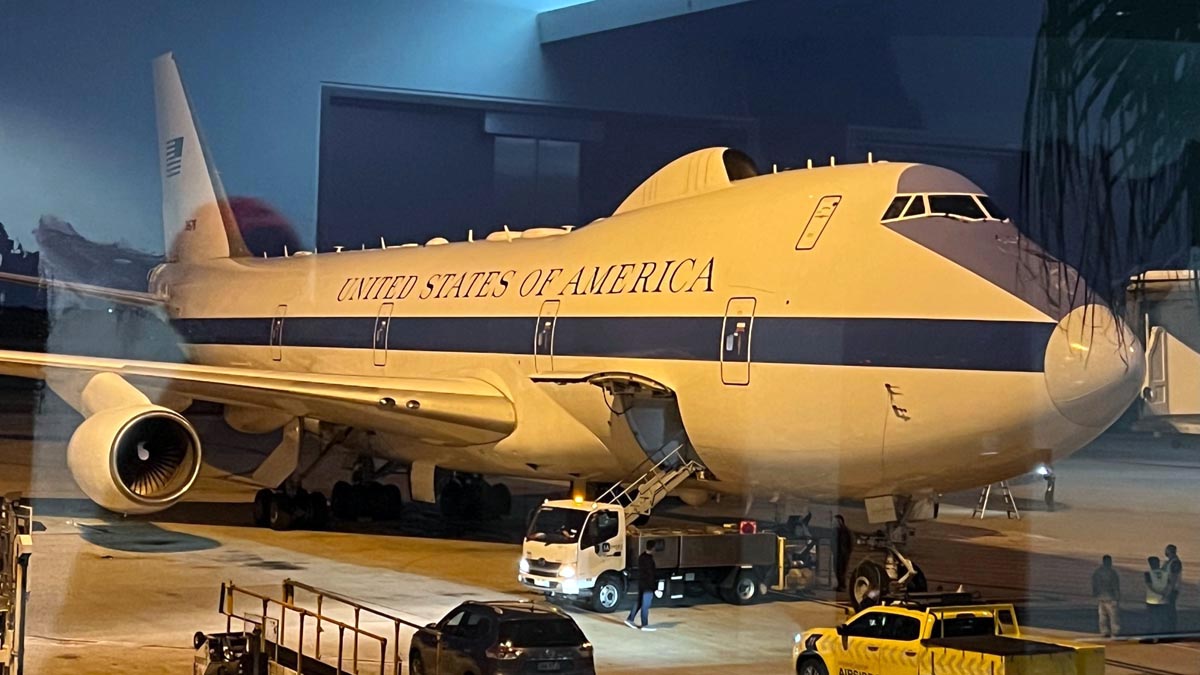
How to prepare for travel to the USA
If you value your privacy (or just want to avoid spending months trying to get your confiscated device back), here are a few tips:
- Travel Light – Not in terms of luggage, but data. Strip your device of anything remotely controversial.
- Take a second or even a Burner Phone—Making it clean and with minimal data could save you a lot of hassle.
- Lock It Down – Enable strong passwords, turn off cloud syncing, and consider using Lockdown Mode on iPhones.
- Stay Logged Out – Remove auto-login for apps and emails before you arrive at the border.
What refusal to provide a password will bring
If you’re on a visa (aka, not a US citizen), refusing to unlock your device can result in immediate deportation. If you’re a citizen or permanent resident, they can still take your device and keep it for months while they ‘examine’ it. (Totally not creepy at all, right?)
This would never happen in Australia. Right?
Mmmm, yes it would! Australia’s Border Force officers also have the power to search your devices, though they technically can’t force you to give up your password. However, refusing might mean they keep your device or make you wait until they’re satisfied you’re not a national security risk.
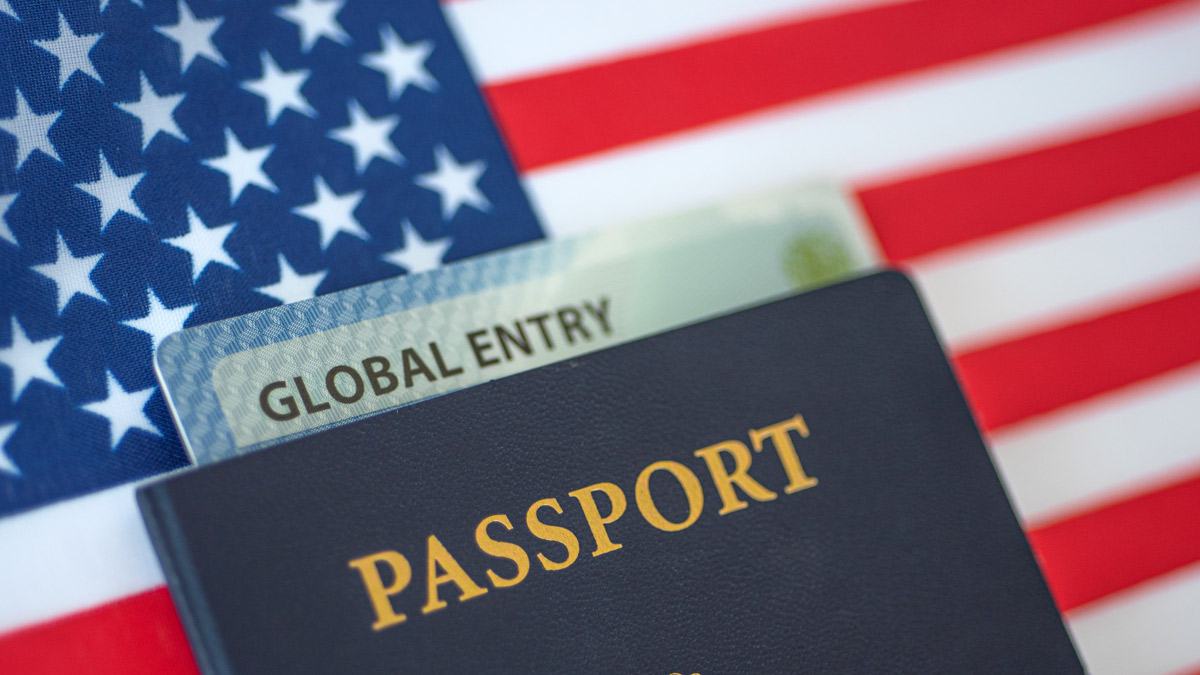
2PAXfly Takeout
In the grand tradition of unnecessary invasions of privacy, the US (and Australia) continue to push the limits of what border control officers can access.
This uncertainty seems to be already affecting inbound tourism to the USA. Whether that will be significant or continue is yet to be known. Interestingly, many of my mates have no interest in travelling to the USA while the current administration is in power. Even my husband has banned us from unnecessarily travelling there for the next four years.
So, if you’re traveling soon, work on the assumption that US Customs and Border Protection (CBP)can examine your electronic devices, which has been true even before Trump became President.
What seems to have changed is the potential consequences for content critical of Trump.
Your best bet is to leave your main device at home, or make it ‘clean’ before you depart.
Think about what you might have posted on social media, and whether that may affect your entry prospects. Use a burner/secondary phone, or just resign yourself to the fact that some bored CBP worker might be scrolling through your vacation selfies. Oh, and at all times comply with the directions of an officer of US Customs and Border Protection.
Enjoy your flight.





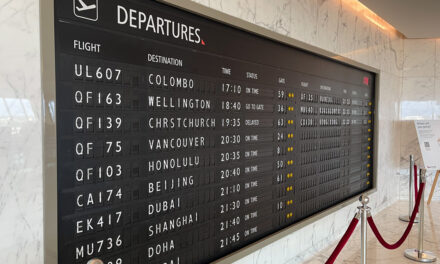

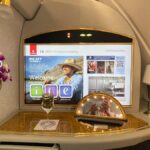




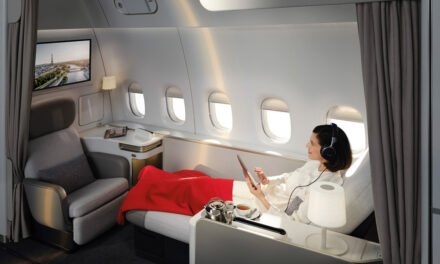



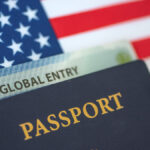






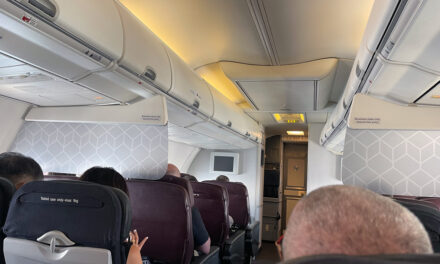











There’s not that much on my phone because I access email through the browser, such as gmail.com. Some people have an email app but I do not. I have some photos on the phone but nothing racy. When crossing international borders, I do consider not bringing my phone that I use daily.
When attempting to enter Canada, any drink driving conviction or pending charges is supposed to result in inadmissibility and deportation.
Based on what I have seen, people are not refused at the land border. I see cars continuing passing the checkpoint.
Sounds like some sage advice. On the Canadian border advice, I direct you to many episodes of reality show Border Security: International, where people who do not declare their convictions to Canadian security seem to be turned back/arrested regularly
You can’t possibly personally believe anything that you just wrote.
I have no personal experience on this, meaning I have not experienced a device search. However, enough evidence has accumulated that people are being denied entry for reasons that seem odd, including for what they have on their devices. The latest example, someone who chose to take the ‘long way’ to the USA is to me terrifying.
I haven’t traveled internationally since early January. Still, I was shocked over the past couple of years at the lack of security returning to the USA and the almost non-existent customs checks, with just an open door and maybe one person watching people exit the border security area. I was starting to question the effort of having Global Entry. Hopefully things have changed to tighten security, at least a bit.